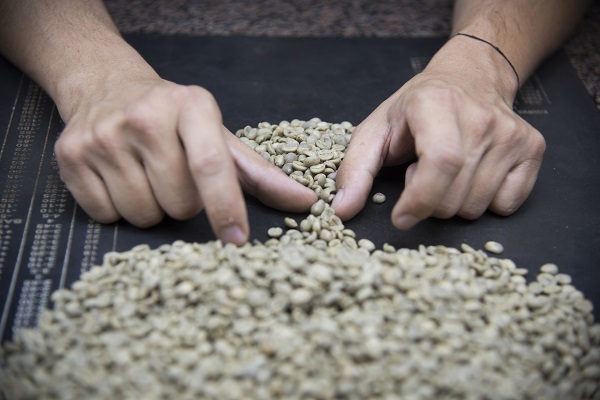São Paulo – The volume of Brazilian coffee exported to the Arab countries grew by 29.1% in January from a year ago, to 121,700 60-kg bags, the Brazilian Coffee Exporters Council (Cecafé) reported this Tuesday (11). As for the revenue, it reached USD 13.7 million in January, up 20.17% year-on-year.
Overall, though, Brazil exported 3.2 million bags of coffee, down 7.2% from a year ago, fetching USD 438.14 million, down 5.6% year-on-year. The average price of the bag of coffee was USD 136.00, up 1.7% from a year ago.
Arabica coffee accounted for 83.2% of the total coffee exports in January, at 2.7 million bags shipped. Soluble coffee reached 9.8% of the shipments, at 315,300 bags, up 29.8% year-on-year. As for conilon (robusta) coffee, it accounted for 6.9% of the exports, at 223,800 bags, up 48.6%.
The United States and Germany remain as the Brazilian coffee’s largest buyers, but South Korea has entered the top 10 list for the first time. “January coffee exports results were great, especially concerning the dollar value per bag, which was higher than a year ago, despite the strong depreciation of Real,” Cecafé chairman Nelson Carvalhaes was quoted as saying in a press release. He believes that the demand of the Asian country may foster other markets such as China.
As for special coffee exports, they reached 628,900 bags. These beans have a higher quality or are certified by their sustainable practices and accounted for 19.5% of total exports. This category grossed USD 108.2 million, accounting for 24.7% of overall coffee exports revenues, while the average price stood at USD 172.09.
Over the first seven months of 2019-2020 crop year, which ran from July 2019 to January 2020, Brazil shipped 23.5 million bags of coffee, fetching USD 2.9 billion for an average of USD 126.84 a bag.
Cecafé report this month also stressed the coffee sales evolutions from Brazil to the United Arab Emirates. From 2013 to 2019, the growth rate per year was 6.2%. Only in 2019, the Arab country received 139,866 60-kg bags of Brazilian coffee.
Translated by Guilherme Miranda




